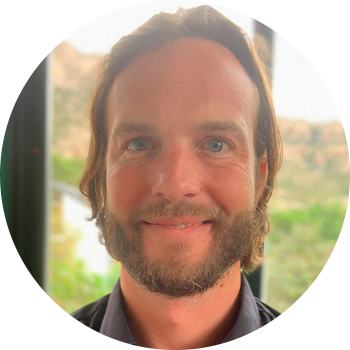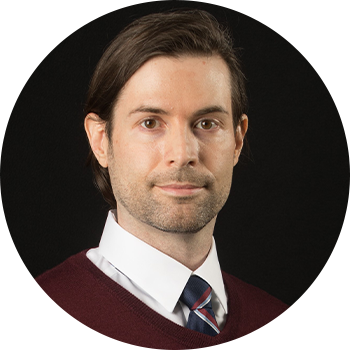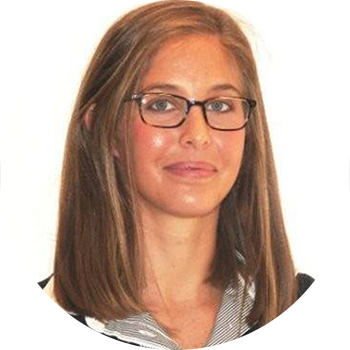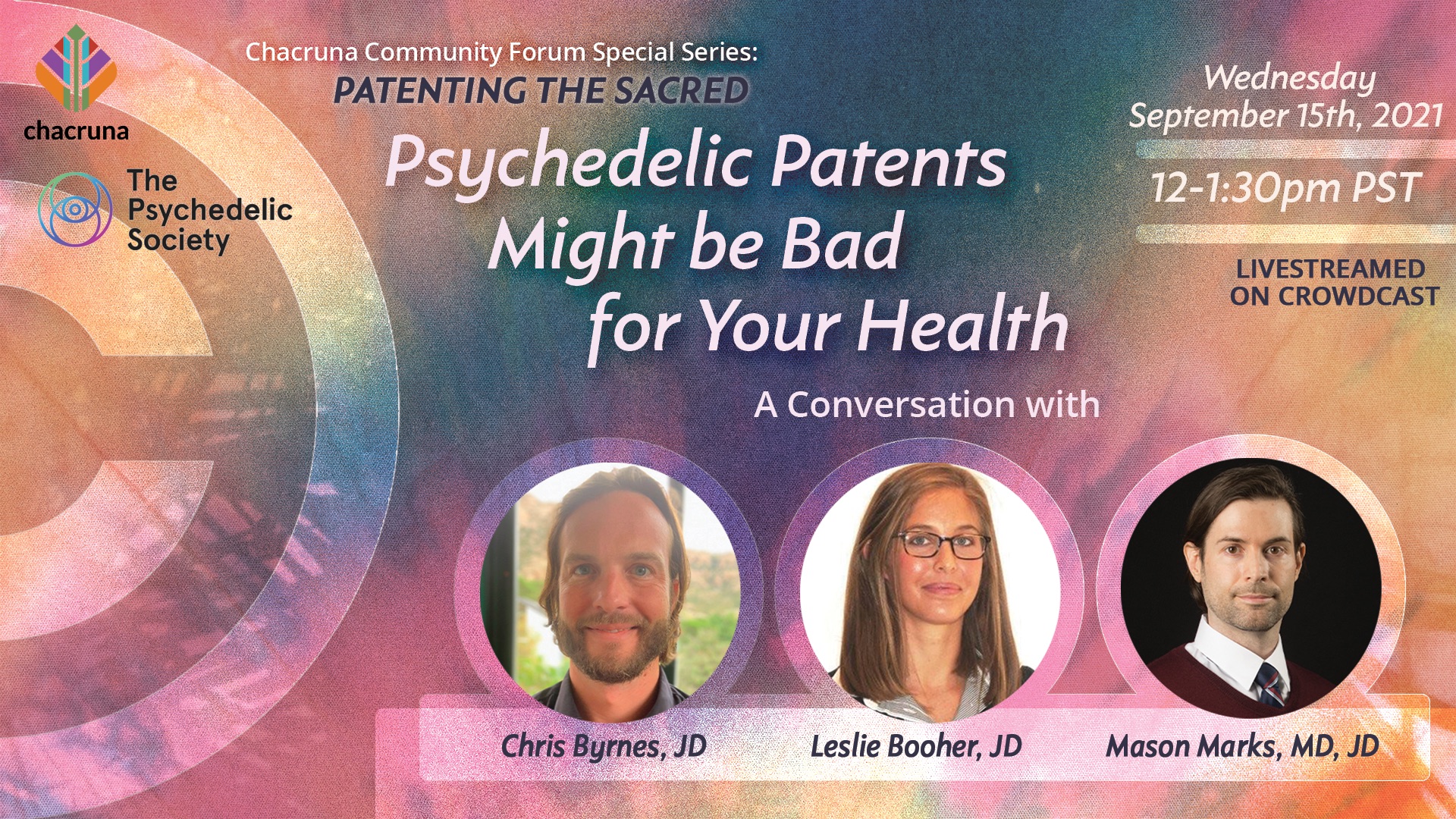- Meet Chacruna at Psychedelic Science 2025 - May 27, 2025
- Psychedelics and Attachment: Fundamentals, Implications, and New Frontiers - May 16, 2025
- Development Outreach Internship (OPEN) - May 6, 2025
Part of our Special Series: “Patenting the Sacred”
A Conversation with Chris Byrnes, Leslie Booher and Mason Marks
Wednesday, September 15th 12-1:30 PM PST
Psychedelic therapy is producing evidence of success in treating mental health disorders with potential to help respond to a growing mental health crisis. However, many observers question whether or how patents could undermine agreed upon social goals of access to these potential mental health aids for those who want them. How have patents been historically used? How has business surrounding patenting evolved in other markets and what lessons can we learn by comparison? What alternatives exist to using patents and what are the possibilities for patents if we were to reimagine their use in markets for psychedelics? Are the policy aims of patents in line with the ethos, needs, and current understanding of modern society? This discussion will be joined by Legal and Policy Associate Leslie Booher from the Multidisciplinary Association for Psychedelic Studies (MAPS), patent attorney and ethical intellectual property licensing advisor Chris Byrnes, and law professor and public-health advisor Dr. Mason Marks. The panel will explore patent pledges, intellectual property commons, and patent policy through historical examples, critical reflection on evolving patent licensing market dynamics, and emerging state-level efforts to bring psychedelics deeper into the public health response to mental health crisis (e.g., Oregon). Join us as we examine the intersection of psychedelic patents and mental health care–looking at ideas for how intellectual property can be used to solve problems in the future.

Chris Byrnes is a registered patent attorney at Calyx Law, intellectual property risk advisor, and folk artist at Performing Pro Arts Commons. He has worked at the intersection of intellectual property, international trade, and public policy for Fortune 500 companies, non-profit organizations, and artists for over 15 years, focusing on patent litigation, licensing, and IP commoning. He has a JD from Georgetown Law, a Master’s of Theological Studies from Harvard Divinity School, a Creative Commons Certificate for educators, and undergraduate studies in Physics, Astronomy, and World Religions at Denison University.

Dr. Mason Marks is an Assistant Professor of Law at the University of New Hampshire Franklin Pierce School of Law, a Senior Fellow at the Petrie-Flom Center at Harvard Law School, and an affiliated fellow at the Information Society Project at Yale Law School. At Harvard, Mason leads the Project on Psychedelics Law and Regulation (POPLAR), the first academic program focused on psychedelics law, policy, and ethics. In 2021, Governor Kate Brown appointed Mason to the Oregon Psilocybin Advisory Board, which advises the Oregon Health Authority on the creation of a statewide psilocybin industry. He chairs the Board’s Licensing Subcommittee. Mason’s academic writing has been published or will appear soon in the Duke Law Journal, the UC Irvine Law Review, the UC Davis Law Review, the Administrative Law Review, the Yale Journal Law and Technology, the NYU Journal of Legislation and Public Policy, and books by Cambridge University Press.

Leslie Booher received her bachelor of science (B.S.) in business administration and her master of business administration (MBA) from Southeast Missouri State University, as well as her juris doctor (J.D.) from University of California, Berkeley, School of Law. Before joining MAPS, Leslie gained litigation experience at large and small law firms, from both the plaintiff and defense sides. Leslie is excited because her work at MAPS combines many of her passions: learning and educating others about our shared human physiology and psychology, striving for social contentment through imaginative socio-economic structures, aspiring for criminal justice reform, and calling attention to the unique role that altered states of perception play in conceptualizing, contextualizing, and coping with our own consciousness.
Presented by:
Chacruna and Project on Psychedelics Law and Regulation (POPLAR) at the Petrie-Flom Center for Health Law Policy, Biotechnology, and Bioethics at Harvard Law School


This talk will be recorded and immediately available for rewatch for all attendees.
Do you love Chacruna? Want free entry to events, access to our online member community and exclusive events, free merchandise, and much more! Become a member!
Scholarships Available – apply here.
Take a minute to browse our stock:
Did you enjoy reading this article?
Please support Chacruna's work by donating to us. We are an independent organization and we offer free education and advocacy for psychedelic plant medicines. We are a team of dedicated volunteers!
Can you help Chacruna advance cultural understanding around these substances?














